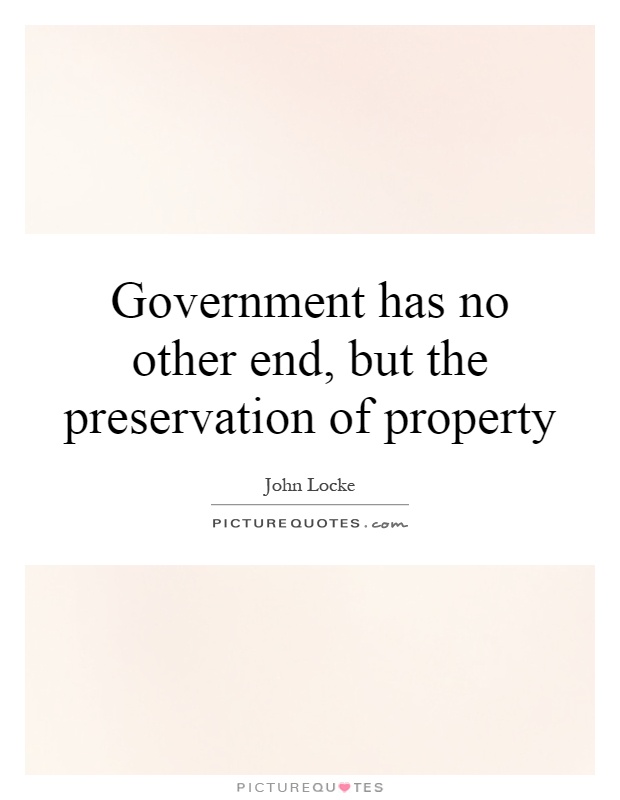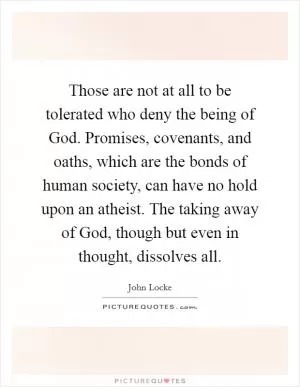Government has no other end, but the preservation of property

Government has no other end, but the preservation of property
John Locke, a prominent English philosopher of the 17th century, is often credited with the idea that the primary purpose of government is the preservation of property. In his seminal work, "Two Treatises of Government," Locke argues that individuals have a natural right to life, liberty, and property, and that the role of government is to protect these rights. According to Locke, the preservation of property is essential for the well-being and prosperity of society as a whole.Locke's emphasis on the preservation of property can be understood in the context of the political and social climate of his time. During the 17th century, England was undergoing significant political upheaval, with debates raging over the powers and limitations of the monarchy. Locke's theory of government as a social contract between rulers and the ruled was a response to these tumultuous times, and his ideas laid the groundwork for modern liberal democracy.
For Locke, property is not just material possessions, but also encompasses one's labor and the fruits of one's labor. He believed that individuals have a natural right to acquire and possess property, and that government exists to protect these rights. In Locke's view, property rights are essential for the promotion of economic growth, individual freedom, and social stability.
Locke's theory of government as the preservation of property has had a lasting impact on political thought and practice. His ideas influenced the American Founding Fathers, who incorporated many of his principles into the United States Constitution. The protection of property rights is enshrined in the Fifth Amendment, which prohibits the government from taking private property without just compensation.












 Friendship Quotes
Friendship Quotes Love Quotes
Love Quotes Life Quotes
Life Quotes Funny Quotes
Funny Quotes Motivational Quotes
Motivational Quotes Inspirational Quotes
Inspirational Quotes